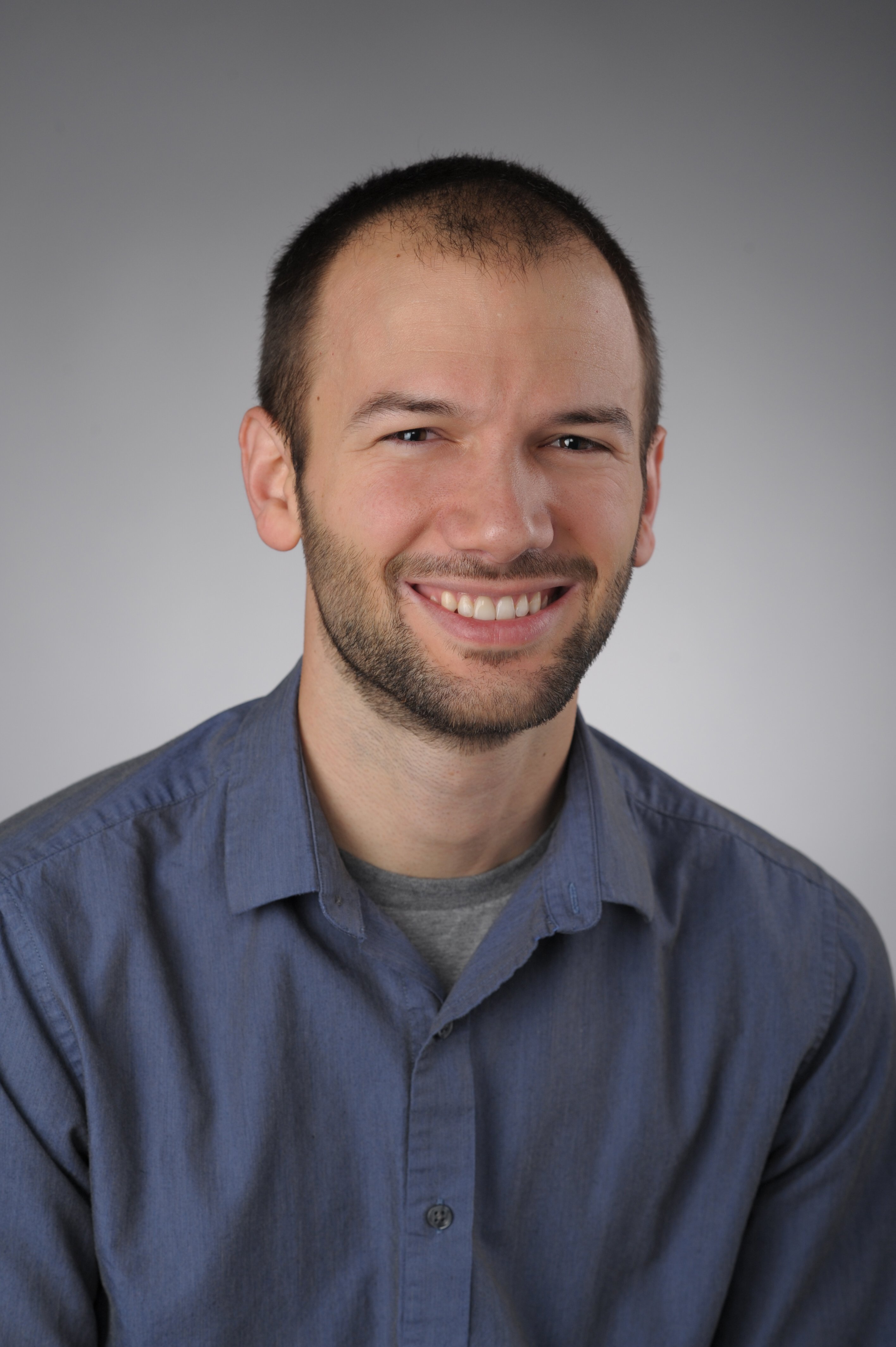
Lee Kennard, associate professor of mathematics in the College of Arts and Sciences, has been awarded a three-year grant from the National Science Foundation to explore how combinatorics - a branch of mathematics focused on counting, arranging and analyzing structures - can be applied to solving problems on manifolds. Manifolds are two-, three-, or multi-dimensional shapes that appear to be flat when you zoom in on them, such as the surface of the Earth.
Since many real-world problems occur in settings that are not flat, solving problems on manifolds allows researchers to analyze and find optimal solutions for higher-dimension, curved spaces. This work has practical applications across diverse fields, including physics, engineering, machine learning, quantum mechanics and even urban planning.
Kennard says a subway map is an example of how combinatorics can be applied to solving an everyday challenge involving a complex data set.
“A subway map doesn’t represent the true distances and angles between stops,” notes Kennard. “Instead, it offers a simplified diagram that arranges and connects the stops in a way that is readable. Combinatorics helps us organize data points by abstracting unnecessary information, making it easier to streamline large data into manageable groups.”
Crucial to this project is collaboration with scholars around the globe whose areas of expertise overlap with and complement those of Kennard and his students. To that end, a portion of the grant will cover travel costs for both experts visiting Syracuse and members of Kennard’s group to attend conferences. The grant will also support summer fellowships for his Ph.D. advisees so they can focus on their work.
“One of my favorite aspects of my job is working with students on research projects,” says Kennard. “To make progress, they need to strengthen their analytical and creative thinking skills, to work very hard but also know when to stop and reflect, and to communicate both in person and in writing. This grant will help nurture all these important skills, which have value outside of mathematical research.”
This is Kennard's fourth three-year National Science Foundation grant and second as a faculty member at Syracuse University. His award is one of seven current NSF individual grants, along with another NSF conference grant, in the Department of Mathematics.
